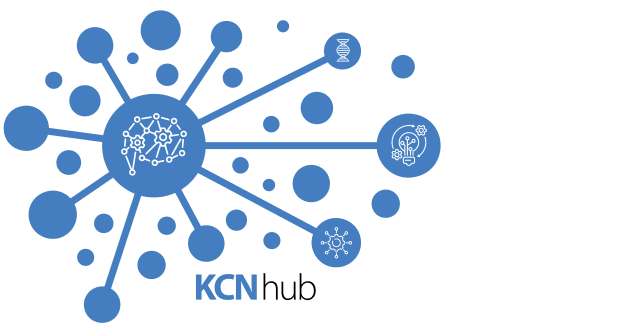Computational characterization of spatiotemporal calcium signaling in astrocytes
Location
Neuron-Glial Interaction Laboratory
Brain Division, Krembil Research Institute
University Health Network, Toronto, Ontario
Canada
Principal Investigator
Maurizio De Pitta
Salary and duration
- Salary is negotiable between 50k-60k/year + 16% fringe benefits depending on previous experience. The project duration is three years.
- The starting contract is for one year to be renewed on yearly basis depending on performance.
- Starting date: March-July 2022 (negotiable).
Project description
Cytosolic calcium signaling is a proxy of astrocyte physiology that shows complex spatiotemporal dynamics, with a subcellular hierarchical organization by micro-to-macro domains. How and why such domains exist are open questions. In this framework, we aim to model the intricate astrocyte branching anatomy in combination with essential biochemical pathways for intracellular calcium dynamics to unravel the biophysical principles underpinning the emergence of astrocyte calcium microdomains. More specifically, we are interested in reaction-diffusion descriptions of astrocytic calcium dynamics and mathematical approaches to characterize it amenable to mathematical tractability.
Hosting group
The Neuron-Glial Interaction Lab (NGILab) was established at the Krembil Research Institute in August 2021. The core research undertaken at the NGILab is devoted to computational and analytical approaches to studying glial physiology and its interactions with neurons. The lab currently hosts two Ph.D. students under the supervision of Dr. De Pitta (PI), working on different topics of glial physiology. Dr. De Pitta has 15+ years of experience in computational modeling of neuron-glial interactions.
Requirements
- Ph.D. in Engineering, Physics, Applied Mathematics, Computer Science, with experience in Computational modeling in Biology or Neuroscience.
- Excellent programming skills in Python and C/C++. Essential ability to learn new languages and software tools fast and efficiently. Preference for candidates with knowledge of GPU/CUDA programming.
- Excellent oral and scientific writing skills in English.
- Knowledge of differential geometry, stochastic calculus, and complex variable calculus.
- Essential knowledge of the Theory of Diffusion.
- Strong motivation to work in a multidisciplinary environment.
- Professional independence and ability to meet deadlines.
How to apply
- Inbox me at maurizio.depitta@uhnresearch.ca specifying in the Subject “[Postdoc Application] <Name+Last Name>”. Please attach the following material as one single PDF file.
- One cover letter explaining the candidate’s motivation to apply and her/his/their fit to the post (max 2 pages)
- An updated curriculum vitae
- A publication record including abstracts for every publication.
- Up to two most representative publications in PDF format.
- Three referee contacts.
Screening of applications will start by February 1, 2021, and go on until the position is filled. Potential candidates will be invited for interview. Informal inquiries are welcomed.
